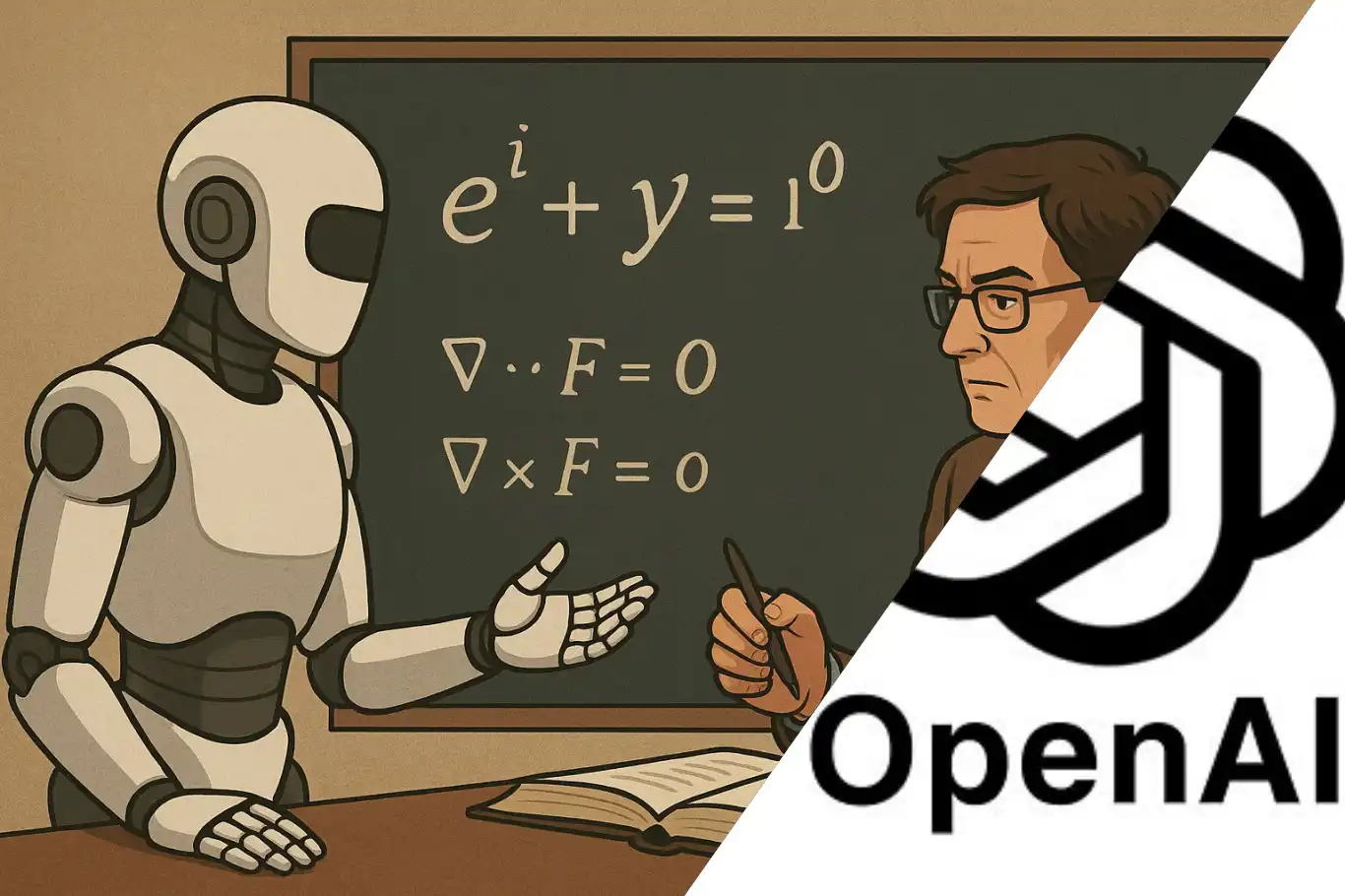OpenAI faces backlash over false claims that GPT-5 solved Erdős math problems


OpenAI is facing sharp criticism from across the artificial intelligence and academic communities after claims that its GPT-5 model had “solved” ten of Paul Erdős’s famous unsolved mathematical problems were exposed as inaccurate.
The controversy erupted after OpenAI executives publicly suggested that the AI system had made groundbreaking progress in pure mathematics — a claim later debunked as a misunderstanding of what constituted “unsolved” problems.
From “Breakthrough” to Blunder
The incident began when OpenAI Vice President Kevin Weil posted on X (formerly Twitter) that GPT-5 had “found solutions to ten unsolved Erdős problems and made progress on eleven more.” The announcement was echoed by OpenAI researcher Sébastien Bubeck, who framed the achievement as evidence that “AI-driven scientific acceleration has begun.”
The implication was clear: GPT-5 had autonomously generated new mathematical proofs, marking a potential leap forward in machine reasoning.
Mathematician Exposes the Error
However, mathematician Thomas Bloom, curator of the website ErdosProblems.com, quickly refuted the claims, describing them as “a dramatic misrepresentation.” Bloom explained that the “open” status of certain problems on his website simply meant he was unaware of published solutions — not that they were genuinely unsolved.
“GPT-5 did not discover new proofs,” Bloom said. “It merely retrieved existing academic papers that I hadn’t yet catalogued.”
Following Bloom’s clarification, OpenAI deleted the original posts. Bubeck later admitted that GPT-5 had “only found solutions in the literature,” defending the work as “still meaningful” for its advanced research retrieval capabilities.
Industry Leaders React
The backlash was swift. Google DeepMind CEO Demis Hassabis called the episode “embarrassing,” while Meta’s Chief AI Scientist Yann LeCun accused OpenAI of “believing its own hype.”
The controversy, experts said, underscored the dangers of exaggerated marketing claims in the fast-moving AI industry. “We’re seeing hype outpace reality,” one AI ethics researcher commented. “This incident should be a lesson in scientific humility.”
Real Contributions and Real Limits
Despite the debacle, some prominent mathematicians defended GPT-5’s underlying capabilities. Fields Medalist Terence Tao noted that the model demonstrated genuine value as a research assistant, particularly in locating obscure or scattered academic literature.
“GPT-5 may not be inventing new mathematics,” Tao said, “but it’s already helping human researchers work more efficiently — that’s not trivial.”
Broader Implications
The episode highlights the increasingly competitive — and at times contentious — atmosphere surrounding AI research, as companies like OpenAI and Google DeepMind race to claim milestones in artificial reasoning and scientific discovery.
While GPT-5 remains one of the most advanced language models available, the incident has reignited concerns about transparency and accountability in how AI progress is communicated to the public.
As one academic put it, “This isn’t about what GPT-5 can or can’t do. It’s about making sure the world hears the truth about what AI is actually achieving — and what’s still far beyond its reach.” (ILKHA)
LEGAL WARNING: All rights of the published news, photos and videos are reserved by İlke Haber Ajansı Basın Yayın San. Trade A.Ş. Under no circumstances can all or part of the news, photos and videos be used without a written contract or subscription.
A major outage at Cloudflare caused widespread internet disruption on Tuesday, affecting access to numerous global platforms including X, Facebook, Spotify, Canva, Letterboxd, OneSignal and others.
Scientists have developed the first-ever simulation capable of modeling all 100 billion stars in the Milky Way, using artificial intelligence to run galaxy-scale physics around 100 times faster than previous techniques.
A California-based startup, TransAstra, is developing an innovative solution to capture asteroids and space debris: a giant inflatable device called the Capture Bag.
Chinese electric vehicle manufacturer XPENG has reached a major milestone in the future of urban air mobility, as its subsidiary XPENG AEROHT officially launched trial production at what is being described as the world’s first intelligent flying car factory.